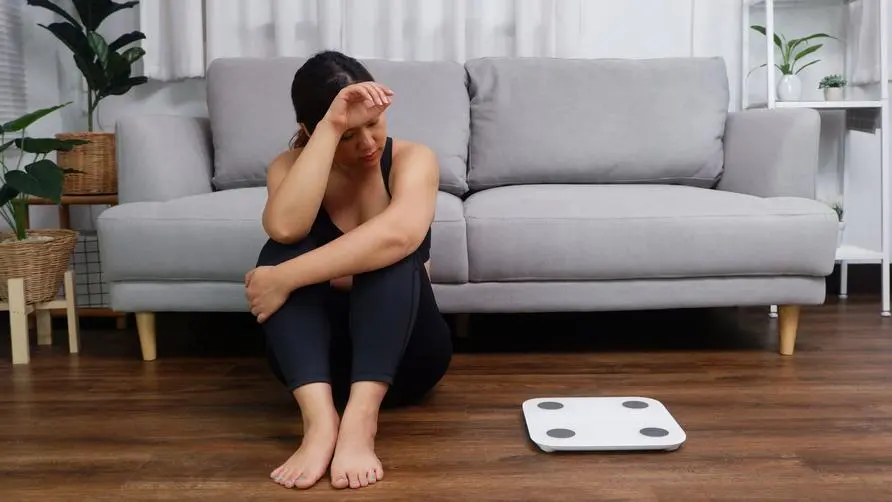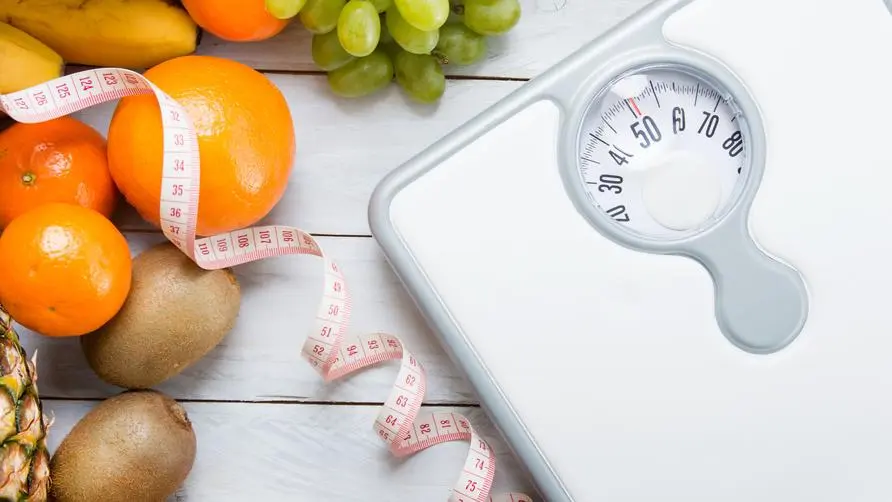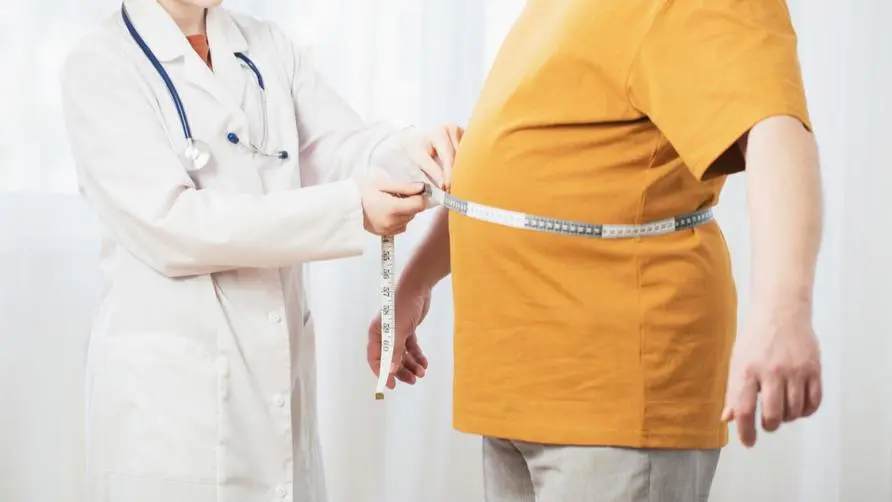Why do weight loss efforts always fail? Research announces "4 major types of obesity": These people eat 60% more calories to feel full

What’s the problem with not being able to lose weight? Study reveals “4 major states” of obesity
The problem of “obesity” can be said to be a civilized disease of modern people, especially Taiwan, which is known as the “Kingdom of Food”. There are many mouth-watering types of food, but it is also the culprit that makes Taiwanese become “the fattest in Asia”. In addition to the dazzling array of delicacies that make it difficult for people to avoid eating, what other factors can cause obesity and personal health problems?
Dr. Cai Mingjie, a specialist in metabolic endocrinology, listed the “Obesity” research on the community and pointed out that obesity can be divided into “four major constitutions” at the physiological and psychological levels. The study recruited 450 obese people for a trial and evaluated various aspects such as their eating patterns (hunger, satiety, gastric emptying), hedonic eating, and basal metabolic rate. Finally, the researchers divided obese people into 4 phenotypes and provided corresponding countermeasures:
Hungry brain: You must eat food with 62% more total calories than others to feel full. Such patients are treated with the appetite-suppressing oral drug Phentermine/Topiramate combination drug (not approved for marketing in Taiwan) or lorcaserin (removed from the shelves in February 2020).
Hungry intestines: The stomach empties 31% faster than others. For such patients, subcutaneous injection of liraglutide, commonly known as “slimming injection”, has the effect of inhibiting gastric emptying.
Emotional hunger: The “anxiety” of this group is particularly high, 2.8 times that of other groups. Such patients are given the oral drug naltrexone/bupropion, which has a mild antidepressant effect.
Poor metabolism: The basal metabolic rate is 12% lower than others. Such patients are treated with phentermine, an oral drug that stimulates sympathetic nervous excitement.
When a patient has 2 or more phenotypes, drug providers select drugs based on the predominant phenotype. Patients were excluded if the phenotype was not determined, the patient had a contraindication, or lacked health insurance coverage for the specified drug. After a one-year trial, the study found that patients who were given medication according to their physical classification could lose 15.9% of their body weight; while those who were not given medication according to their physical classification could lose 9.0% of their body weight. If weight loss exceeds 10%, 79% of people in the classified treatment group are successful, while only 34% of the people in the unclassified treatment group are successful.
“Eat less and move more” may not necessarily help lose weight? Doctors answer common blind spots of dieters
Dr. Cai Mingjie said that people with obesity problems are not encouraged to take medicine casually, because “diet” and “exercise” are the foundation of a healthy body. However, legal weight loss drugs have strict indications (BMI exceeding the standard, combined with three chronic diseases, etc.). If the medication can be accurately administered according to the individual’s constitution, the benefits to the patient will definitely outweigh the disadvantages. Therefore, “rational use of medication” should be combined with diet. Adjustments or exercises may improve the weight loss efficiency of obese people.
“On the contrary, using drugs inappropriately for indications, prescribing cocktail diet pills with excessive side effects, or applying extreme diets regardless of physical differences are behaviors that both doctors and the public should be wary of!” Dr. Cai Mingjie pointed out , such as the popular intermittent fasting method or excessive dieting, actually have hidden traps. Although the total amount of food eaten decreases, the “calories” increase, and even excessive dieting will not increase the success rate of weight loss.
Dr. Cai Mingjie said that foreign studies have asked subjects to self-assess their caloric intake, and found that they significantly underestimated the caloric value they ate, with the maximum gap reaching 2 times. Obviously many people think that “eating less” is just a reduction in food intake, but the food they choose is bread, biscuits, desserts, etc. The portions may seem smaller, but each bite is full of high calories.
Another problem of eating less and moving more is related to excessive dieting. Dr. Cai Mingjie pointed out that strict dieting can quickly lose weight in the early stage, but it will soon encounter a stagnant period, and the weight will no longer decrease, and rapid and intense dieting will cause Let the body enter the protective mechanism, and the metabolism will decrease. To improve these two situations, you can help yourself with self-awareness through food records.
Is it easy to lose weight through diet? Obese people must know 4 tips to improve weight loss benefits
Do the average person need to learn to count food calories to have a chance of losing weight? Dr. Cai Mingjie said that by simply adopting the “healthy plate” principle and eating more vegetables, unprocessed starch and protein, most people will have the opportunity to lose weight. The key is to choose what you eat and avoid the “crazy” food, so it is not difficult to lose weight.
On the other hand, if you have been eating healthy for a period of time but the weight loss effect is not satisfactory, it is recommended to record your meals and count calories to find out why your weight has not changed. For example, taking photos and records before eating can be used for self-review or evaluation by doctors or nutritionists to check whether there is a difference between the estimated caloric value and the actual caloric value, so as to further identify the problem.
In addition, the real “easy to lose weight” also needs to start from two levels: cultivating exercise habits and doing more muscle training. Increased muscle mass will increase the basal metabolic rate and make the body less prone to obesity; secondly, in terms of diet, you can do more Eat protein-rich foods and less processed foods.
Dr. Cai Mingjie explained that prototype foods and high-protein foods will produce a “thermogenic effect” during digestion and absorption. For example, after a 100-calorie food undergoes a thermogenic effect, the body will ultimately absorb 70-80 calories. In comparison, processed foods have less thermogenic effect when consumed, and the calories eaten are almost completely absorbed, making it easier to eat too many calories.
Finally, Dr. Cai Mingjie reminds you not to be superstitious about the idea that consuming specific products can lead to an “easy to lose weight” physique. Understanding the correct method, through a balanced, healthy diet and exercise, is the key to successful weight loss.
Source:
Further reading:





